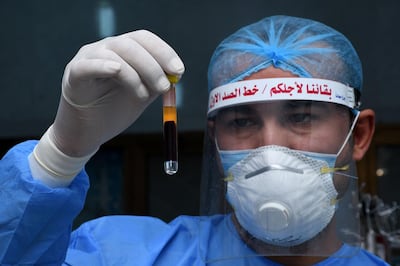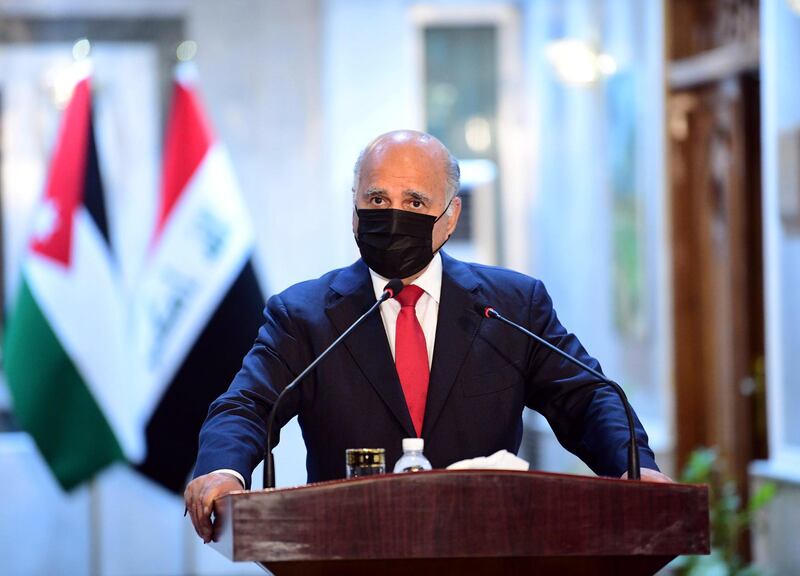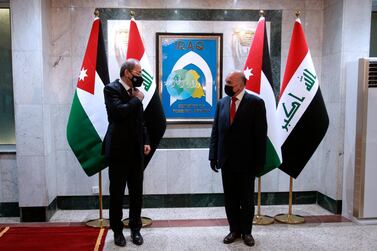In the past month, the world has learned to cope with life under the coronavirus pandemic. Even so, public health measures have yet to become uniform across countries, and the risks to health remain variant depending on geography and politics.
This has become a pressing concern in Iraq, where infection rates have reached unprecedented levels. In February, high-profile cases of coronavirus among Iran’s elite, including in parliament, were symptoms of the severity of the country’s outbreak, which was one of the Middle East’s largest at the time. In the past week, a number of prominent figures have died from coronavirus, including football legend Ahmed Radhi and politician Tawfiq Al Yasiri. Twenty parliamentarians and an additional 28 parliament employees have also contracted the virus.

That a large number of Iraq’s high-ranking officials have caught the virus speaks to the severity of the situation. Iraq has now entered “a dangerous epidemic phase” according to Health Minister Hassan Al Timimi.
The high rate of infections among elected representatives has led to all parliamentary sessions being cancelled. Hospital staff, however, remain at serious risk. The number of doctors who have reportedly contracted the virus has risen by 83 per cent since last week, according to the Iraqi Medical Association.
Personal protective equipment is scarce, putting medical staff at increased risk of infection. There are also reports of hospitals delaying tests results for their own workers, to avoid having them take sick leave.
The situation places added stress on a healthcare system already rendered vulnerable by decades of sanctions, war and mismanagement. Medical facilities have been targeted repeatedly by extremists. Doctors are also at risk of kidnappings for ransom by criminal networks. Many have fled abroad, fearing for their lives and their families.
Those who remain deserve praise and protection. Instead, their lives are in jeopardy.
One of the great challenges of addressing coronavirus in Iraq, and elsewhere in the Middle East, is an epidemic of misinformation amongst the public, and a lack of communication in many countries on how individuals and families can protect themselves.
Many of the challenges brought on by coronavirus require regional solutions. As countries in the Middle East strive to open their borders, reignite their economies and expand their opportunities for regional trade, they must also seek to co-ordinate their health policies and communications strategies. Some steps are already being taken in this regard, as Jordan and Iraq announced on Wednesday a plan to unite their efforts in curbing the pandemic.
Iraq's case shows that in many places, institutional weakness renders a national solution insufficient on its own.
Iraqi officials have ramped up testing capacities, increasing daily screenings from nearly 4,000 people last month to more than 13,000 this week. But these efforts are not enough in a country of nearly 40 million, where one in four people live in poverty and cannot afford to self-isolate.
Baghdad must rise to the challenge, but it also needs solidarity from its neighbours. In the words of the director general of the World Health Organisation Tedros Ghebreyesus, "none of us are safe until all of us are safe. No country can fight this pandemic alone.”






